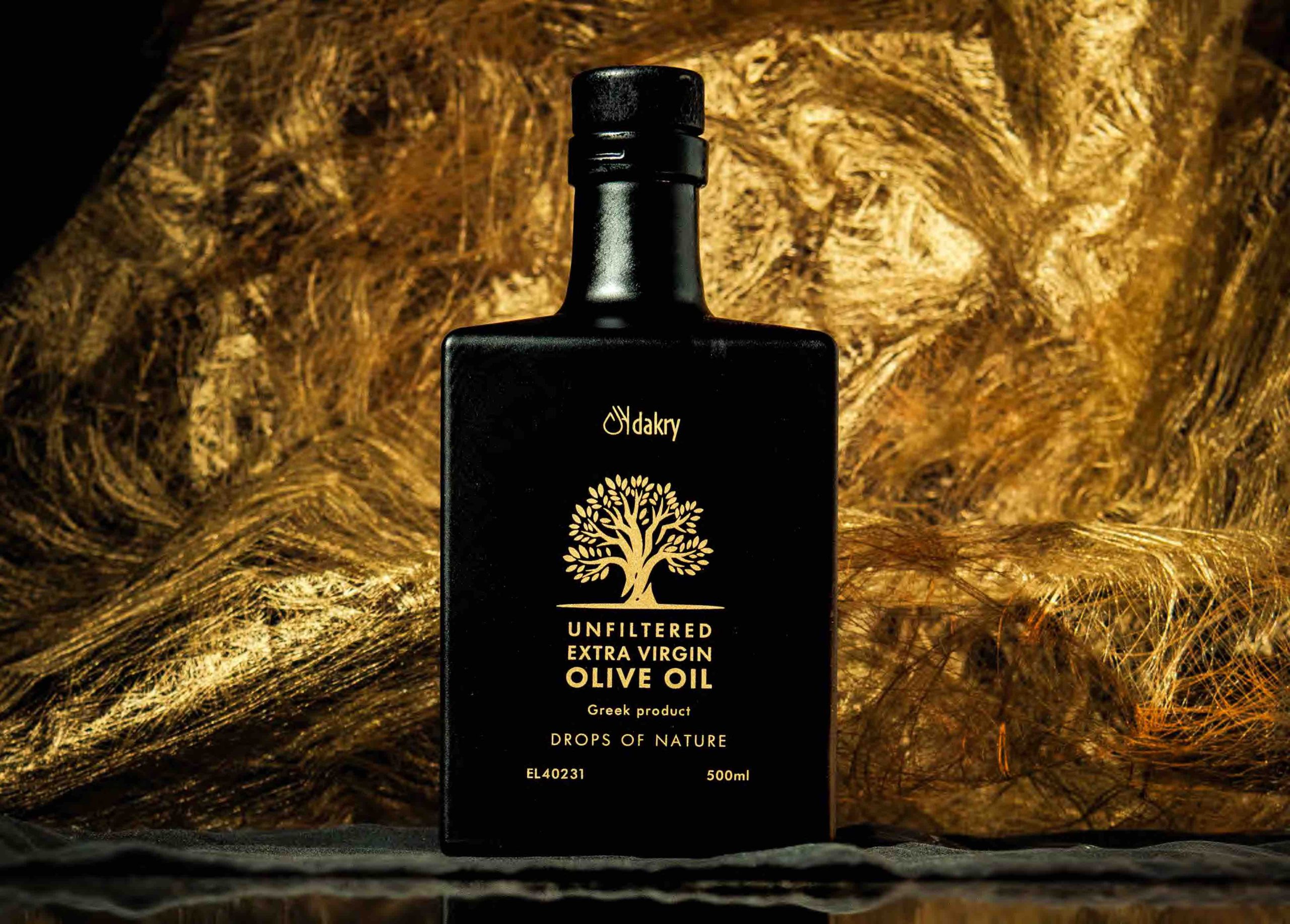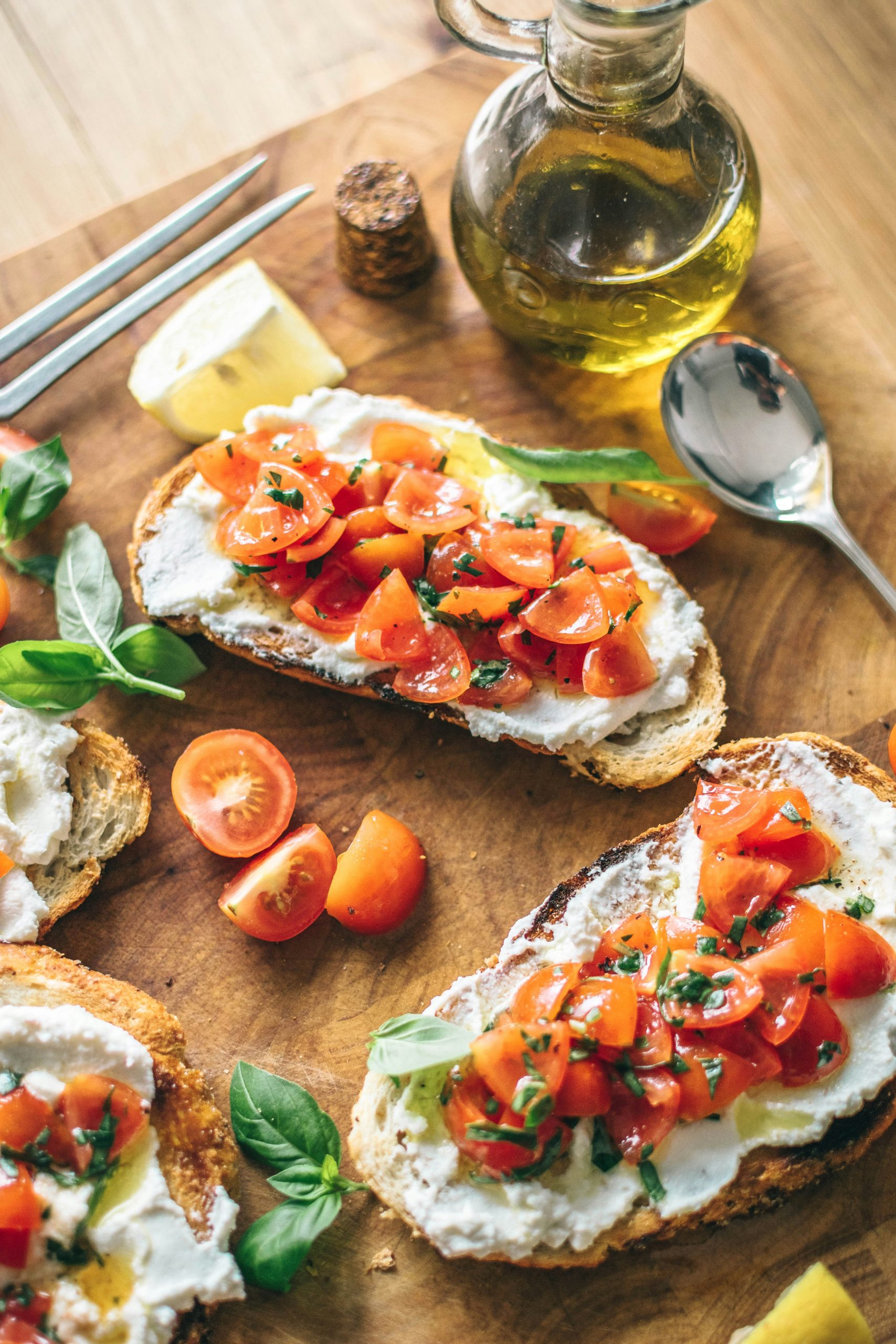Join our Newsletter
Ethnarxou Makariou 149, 17235, Dafni, Greece | info@dakryolive.com

Olive oil experts often refer to polyphenols and antioxidants, focusing on the potential health benefits of extra virgin olive oil.
It is therefore important to understand the difference between polyphenols and antioxidants and their contribution to our health.
Antioxidants are substances that protect our body from the damage caused by free radicals.
One specific type of antioxidant is polyphenols, which are found in high concentrations in extra virgin olive oil.
Many of the fruits and vegetables we consume contain many compounds that are vital for life. One of these types of compounds is antioxidants. Why are antioxidants so important to our health? To understand it better, it is necessary to understand how our body produces energy through the process of oxidation.
Oxidation is a natural process that our cells use to produce energy from the oxygen we breathe. During energy production, certain oxygen molecules known as oxygen free radicals or reactive oxygen species are created, which are by-products of these processes. When oxygen free radicals accumulate to high levels, they can cause damage to cells and DNA. Continued exposure to these radicals, called oxidative stress, can contribute to the development of several diseases, including:
Unfortunately, the production of these harmful chemicals is often enhanced by the environment in which we live. Some lifestyle factors, stress and environmental conditions that appear to contribute to increased production of oxygen free radicals include (but are not limited to):
So how do antioxidants fit into the overall context of our health and body function? Antioxidants are chemical compounds that act as “molecular scavengers“, helping to neutralise oxygen free radicals and thus preventing oxidative stress. There are hundreds of known antioxidants, many of which are included in our daily diet:
Polyphenols are a class of antioxidants produced by plants, mainly as a defence mechanism against UV radiation and foreign pathogens that may threaten plant health. In addition, polyphenols contribute to the sense of bitterness, odour, colour and taste that we experience when we consume certain foods, particularly fruits and vegetables.
Polyphenols are attracting the interest of both scientists and nutritionists because of their antioxidant properties and their ability to prevent various diseases. The field of research on polyphenols, and in particular the mechanisms underlying their antioxidant functions, remains a particularly productive area of scientific investigation. One particular type of polyphenol that is relevant to this discussion is polyphenols derived from the olive tree.

Olive oil, known for its rich content of monounsaturated fats and polyphenols, is a fundamental element of many dietary programmes, such as the Mediterranean Diet. Extra virgin olive oils contain the highest concentration of antioxidants and polyphenols, which can affect the taste of olive oil depending on their quantity. Thanks to the increased polyphenol content, extra virgin olive oil offers a more intense taste compared to regular olive oil. The polyphenol content in olives can be influenced by several factors, such as:
Although there are many types of polyphenols derived from the olive, the majority of research so far has focused on three specific ones:
When using extra virgin olive oil in cooking, various cooking methods can reduce the polyphenol content in vegetables such as potatoes, eggplant, tomatoes and pumpkin. The main cause of this loss is related more to the temperature of the oil during cooking than to the time the process takes. Fortunately, not all of the polyphenols and their antioxidant properties are lost. Research has shown that polyphenols are usually transferred from olive oil to vegetables during cooking. It is recommended that you add olive oil to all vegetables when preparing your meal to enrich your diet with polyphenols. It is also important to mention that although some people mistakenly believe that extra virgin olive oil is not suitable for cooking, it has been proven to be one of the most stable oils for cooking.
The benefits of consuming natural plant polyphenols have been known for some time. Research has shown that these polyphenols can reduce morbidity and slow the progression of various types of cancer, neurodegenerative diseases and cardiovascular diseases. Eleuprofen, hydroxytyrosol and other polyphenols are abundant in olive oil. Although some olive polyphenols may be lost during cooking, this is not the case with all of them, and the rest are 100% more abundant than other cooking fats. Thus, increasing consumption of olive oil and other polyphenol-rich plant products seems to be a wise choice for those looking to improve their overall health.
References
www.aboutoliveoil.org